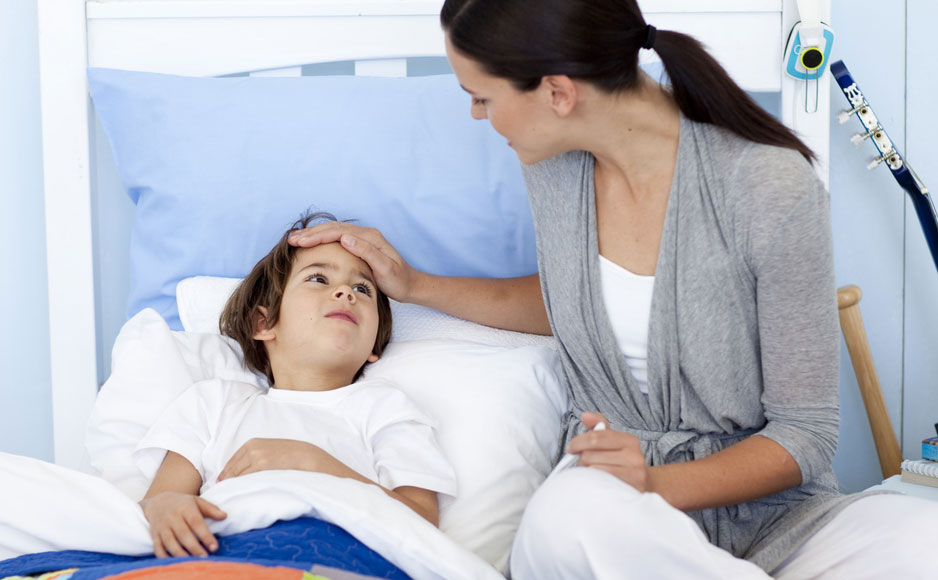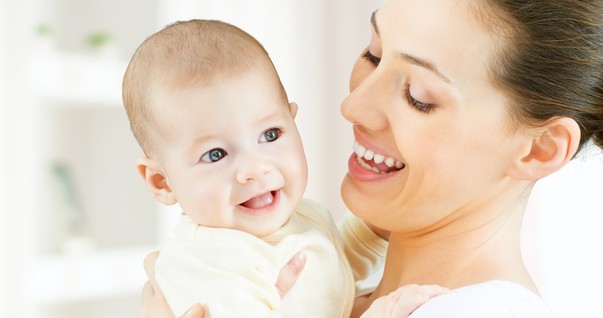Offering the families of children with appendicitis the option of antibiotics instead of surgery is safe and may ultimately lead to slightly better outcomes, according to a new U.S. study.
Researchers found that when families chose antibiotic treatment for kids with simple appendicitis, instead of going immediately for surgery, the children often recovered without ever needing surgery. Kids were also out of commission for fewer days and ended up with a smaller healthcare bill than those whose families picked surgery.
“There is a relatively good body of literature in adults and also in children that shows patients and parents involved in the decision process do better,” said Dr. Peter Minneci, of The Research Institute at Nationwide Children’s Hospital in Columbus, Ohio.
Appendicitis occurs when the appendix, a small pouch of tissue off the large intestine, becomes inflamed. The condition can be caused by an infection, blockage, trauma or intestinal disorders like Crohn’s disease.
About 11 percent of all pediatric emergency room visits are due to appendicitis, Minneci and his colleagues write in JAMA Surgery.
Treatment historically has been surgery to remove the appendix, known as appendectomy. But that comes with the possibility of other complications and disruptions to family schedules while the patient heals.
More recent research suggests that treating appendicitis with intense regimens of antibiotics is also effective, but the people in those trials were randomly assigned to receive either surgery or antibiotics, they didn’t get to choose their treatment.
“By allowing the patient to be involved in the decision process you are allowing them to align their preference and beliefs with the care themselves,” Minneci told Reuters Health.
For the new study, the researchers screened 629 patients between ages seven and 17 who came to their emergency room between October 2012 and March 2013 with appendicitis. About 22 percent didn’t have severe or complex cases of appendicitis and were eligible for the study.
Ultimately, 102 enrolled in the study. Of those, 37 families chose to have their children treated with at least 24 hours of intravenous antibiotics followed by 10 days of oral antibiotics. The others elected surgery.
A year later, about 76 percent of kids whose family chose antibiotics were still healthy and didn’t need additional treatment.
Compared to those who got surgery, the children who got antibiotics also ended up needing an average of 13 fewer days of rest, and had medical bills that were an average of $800 lower.
There was also no significant difference in the number of appendicitis cases that became complicated during surgery or after treatment with antibiotics. Minneci said that shows the treatment options are similar in terms of safety.
However, he said, the study team doesn’t want to say one treatment is better than the other, merely that treatment of simple cases of appendicitis with antibiotics is a reasonable alternative.
An accompanying editorial cautions that more research is needed to strike the right balance between patient preference and a doctor’s best judgment.
“Many patients still want us to be ‘doctors,’ not Google impersonators,” write Drs. Diana Lee Farmer and Rebecca Anne Stark, of the University of California, Davis.
Dr. Russell Jennings told Reuters Health that it’s important to note that patients still need to see a surgeon regardless of the treatment, because they need to be evaluated to see if antibiotics are even an option.
“It’s important you don’t change the quality of care,” said Jennings, a surgeon at Boston Children’s Hospital in Massachusetts.
The option of antibiotics for simple appendicitis is likely already available in large medical centers for adults with appendicitis and probably a few large centers that treat children, said Jennings, who wasn’t involved in the new study.
Source: Foxnews



